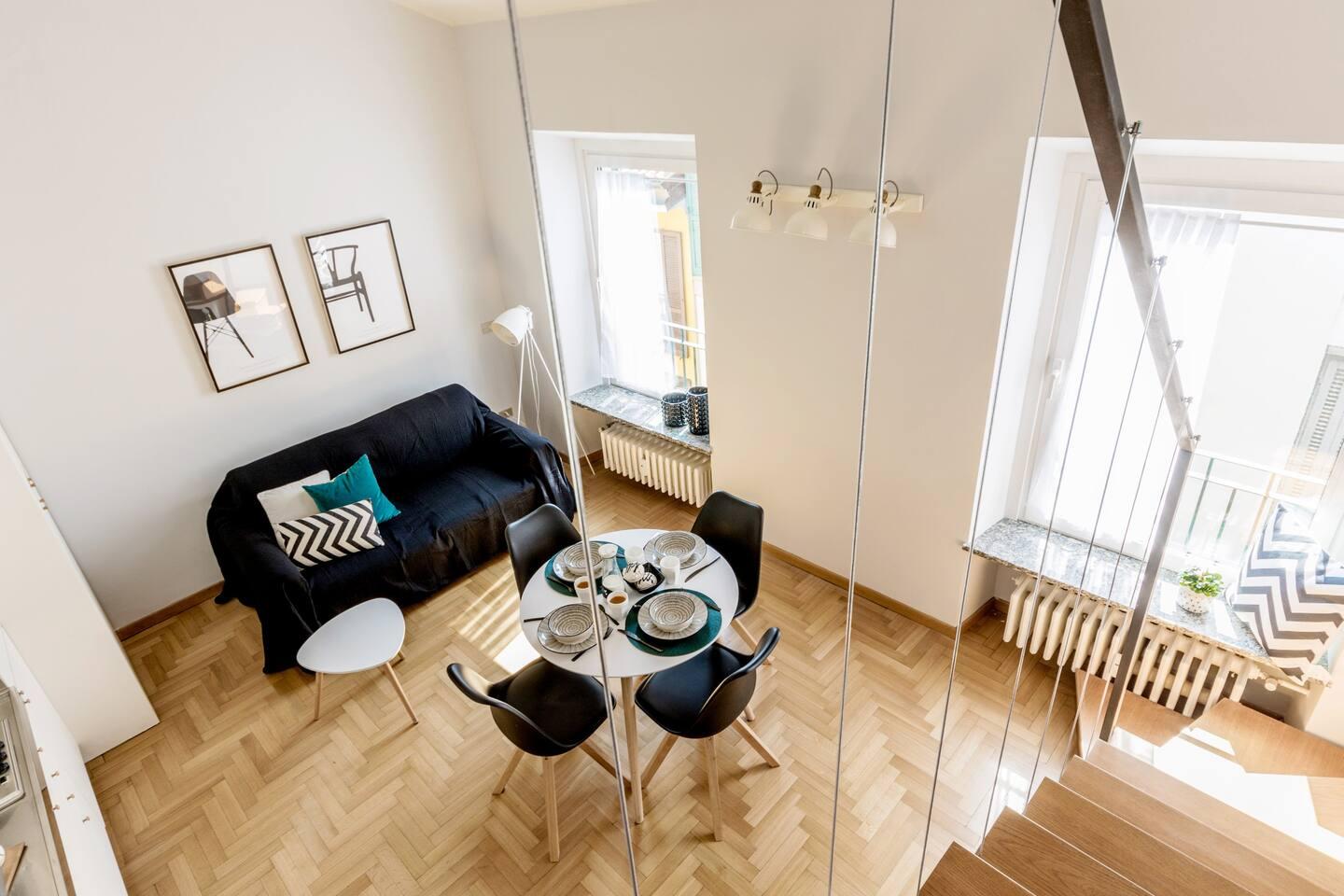Renting out property in Spain can be a rewarding venture, whether you’re offering a cozy studio or a 1 bedroom apartment in Malaga. However, turning your space into a legal and compliant rental requires more than just handing over the keys. Spain has established regulations to ensure both landlords and tenants are protected. This guide walks you through the essential steps to register your rental property and maintain legal compliance throughout the process.
Understand the Rental Categories in Spain
Before diving into registration, it’s important to determine the type of rental you’re offering. Spanish rental law distinguishes between short-term rentals (tourist accommodations) and long-term rentals (contracts exceeding 31 days). Each category has different regulatory requirements and legal implications.
Short-term rentals are heavily regulated by regional governments, especially in tourist-heavy areas like Andalusia and Catalonia. Long-term rentals are governed by the Urban Leasing Law (LAU), which outlines tenants’ rights, contract terms, and renewal rules.
Obtain a Rental License (If Applicable)
For short-term or holiday rentals, many autonomous communities in Spain—especially in cities such as Barcelona and Málaga—require a tourist rental license. This license often involves submitting documents proving property ownership, compliance with safety regulations, and in some cases, providing proof of energy efficiency certifications.
You’ll typically need:
- The property deed or rental agreement if subletting
- Occupancy certificate
- Proof of safety and hygiene standards
- Energy Performance Certificate (EPC)
Failing to acquire this license may result in substantial fines or a forced suspension of rental activities.
Register with the Regional Tourism Registry
If your property falls under the short-term or holiday category, registration with your autonomous community’s tourism board is required. For instance, in Andalusia, properties must be registered with the “Registro de Turismo de Andalucía.” Once approved, you’ll receive a registration number, which must be displayed in all listings.
Even if you’re not renting exclusively to tourists, any short stay of under 2 months could trigger the requirement to register. Always verify the regional laws where your property is located.
Declare Rental Income and Pay Taxes
Another essential part of legal compliance is declaring your rental income. If you’re a resident, you’ll include the earnings in your annual income tax return. If you’re a non-resident, you’ll be taxed quarterly on the rental income generated in Spain.
Make sure to:
- Keep invoices and proof of rental-related expenses
- File taxes on time to avoid penalties
- Use official accounting methods, especially if you rent out multiple units
Some landlords choose to hire a tax advisor familiar with Spanish property laws to ensure full compliance and optimize tax deductions.
Sign a Legal Rental Agreement
Whether you rent for short or long periods, always formalize the arrangement with a legal contract. This should include:
- Duration of the stay
- Rent amount and deposit terms
- Conditions for termination
- Responsibilities for maintenance and utilities
Using a registered agreement helps protect both parties and is essential if legal issues arise.
Comply with Tenant Safety and Privacy Laws
Spain also requires property owners to meet basic safety standards. This includes functioning smoke detectors, proper ventilation, secure locks, and adequate lighting. Additionally, landlords must comply with the General Data Protection Regulation (GDPR) when collecting tenants’ personal data.
Keep Your Property Well-Maintained and Updated
Legal compliance isn’t a one-time task. Regular property inspections, prompt repairs, and maintaining current registration documents are necessary for ongoing legality. Landlords must also stay informed about regional regulatory updates to ensure their apartment properties in Spain remain within legal frameworks.
Conclusion: Make the Process Easier with Flexsirent
Navigating Spain’s rental regulations can be time-consuming, especially for non-resident landlords or first-time hosts. That’s where Flexsirent steps in—offering a trusted platform that helps you list, manage, and maintain compliance effortlessly. Whether you’re renting out a single unit or multiple furnished spaces, their streamlined services and expert support ensure your rental journey stays safe, legal, and hassle-free.

